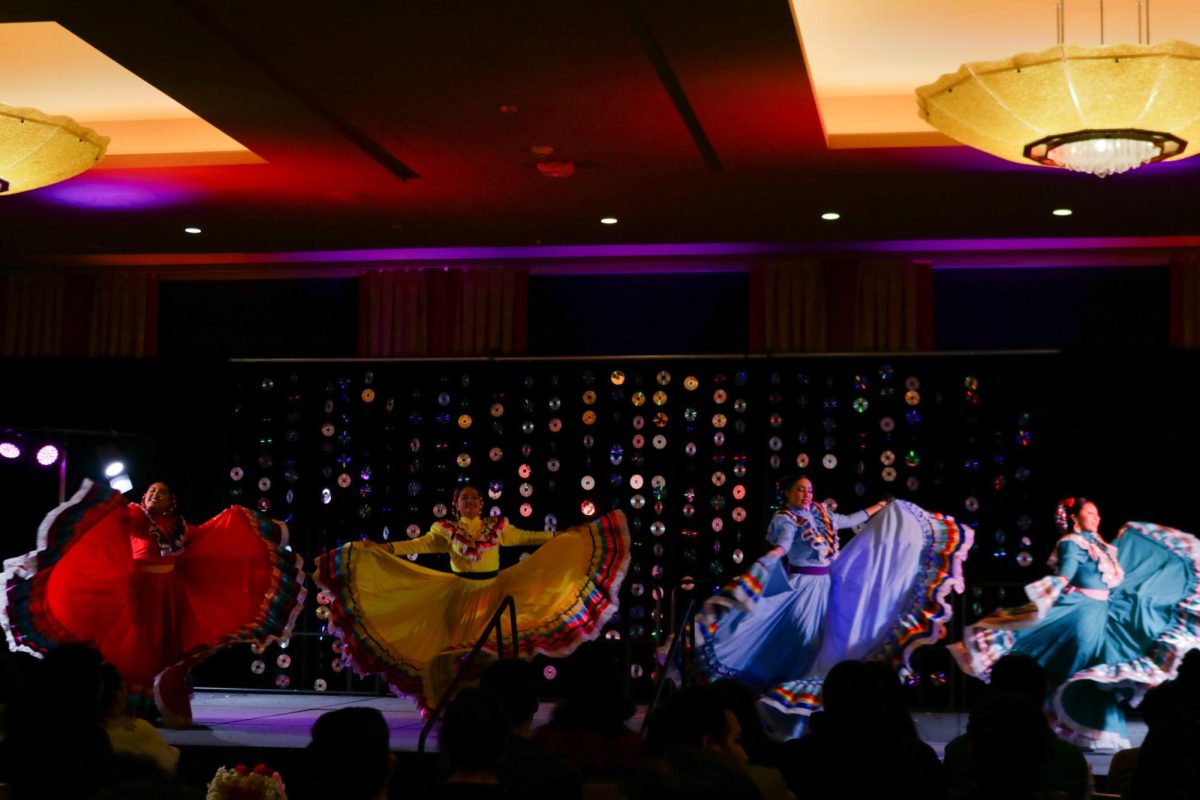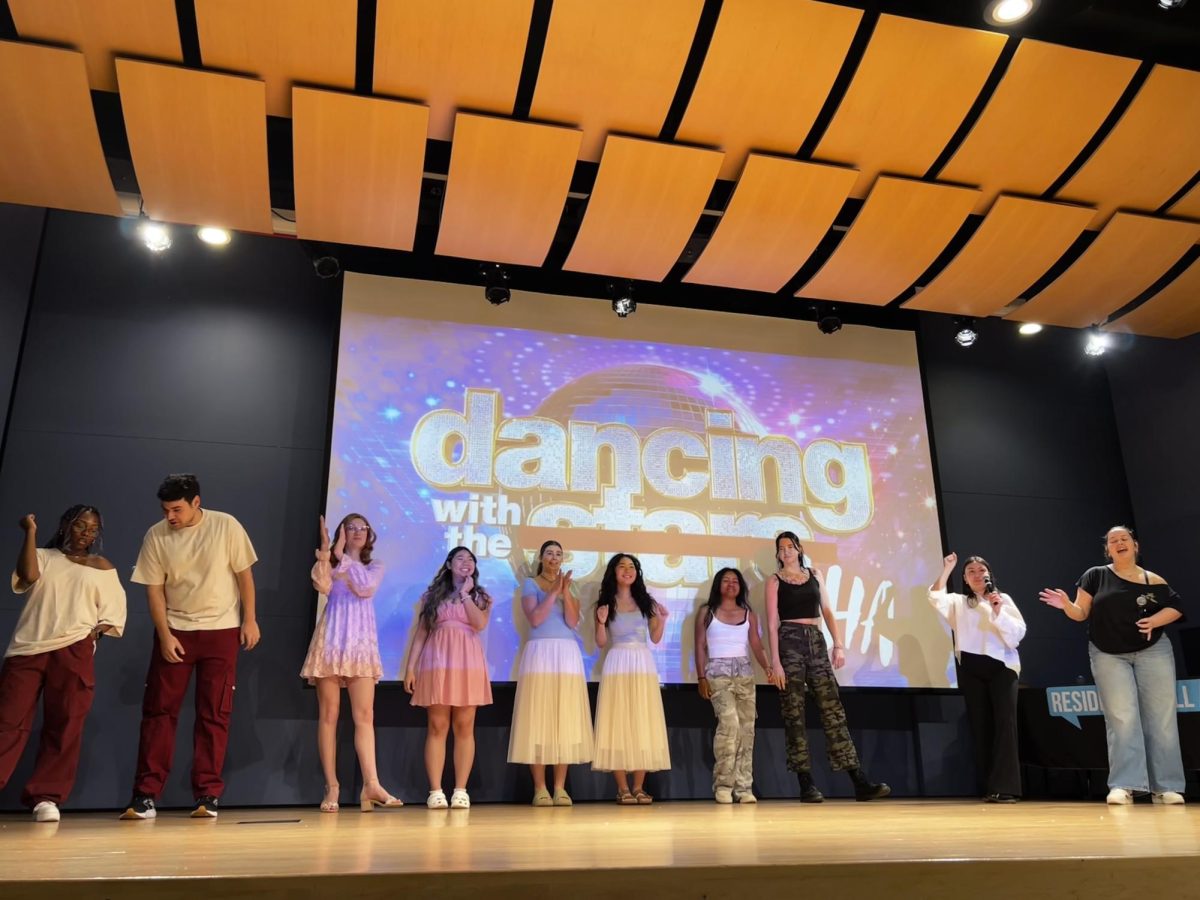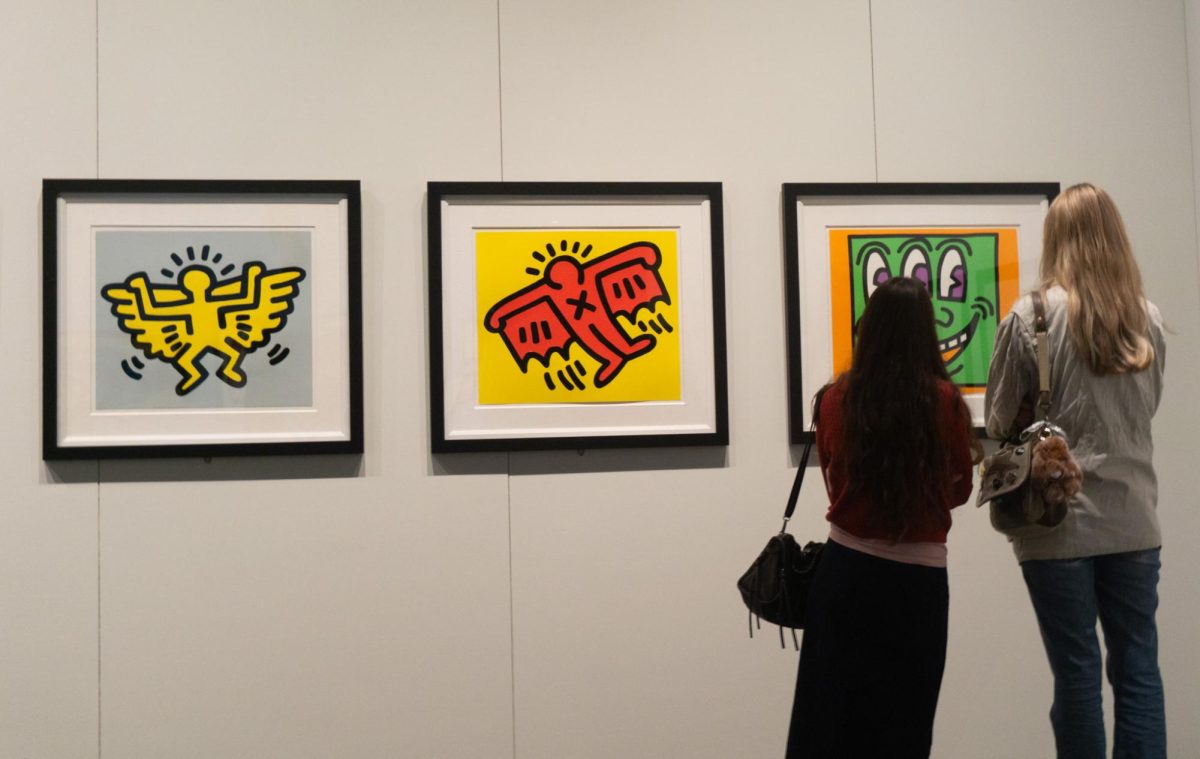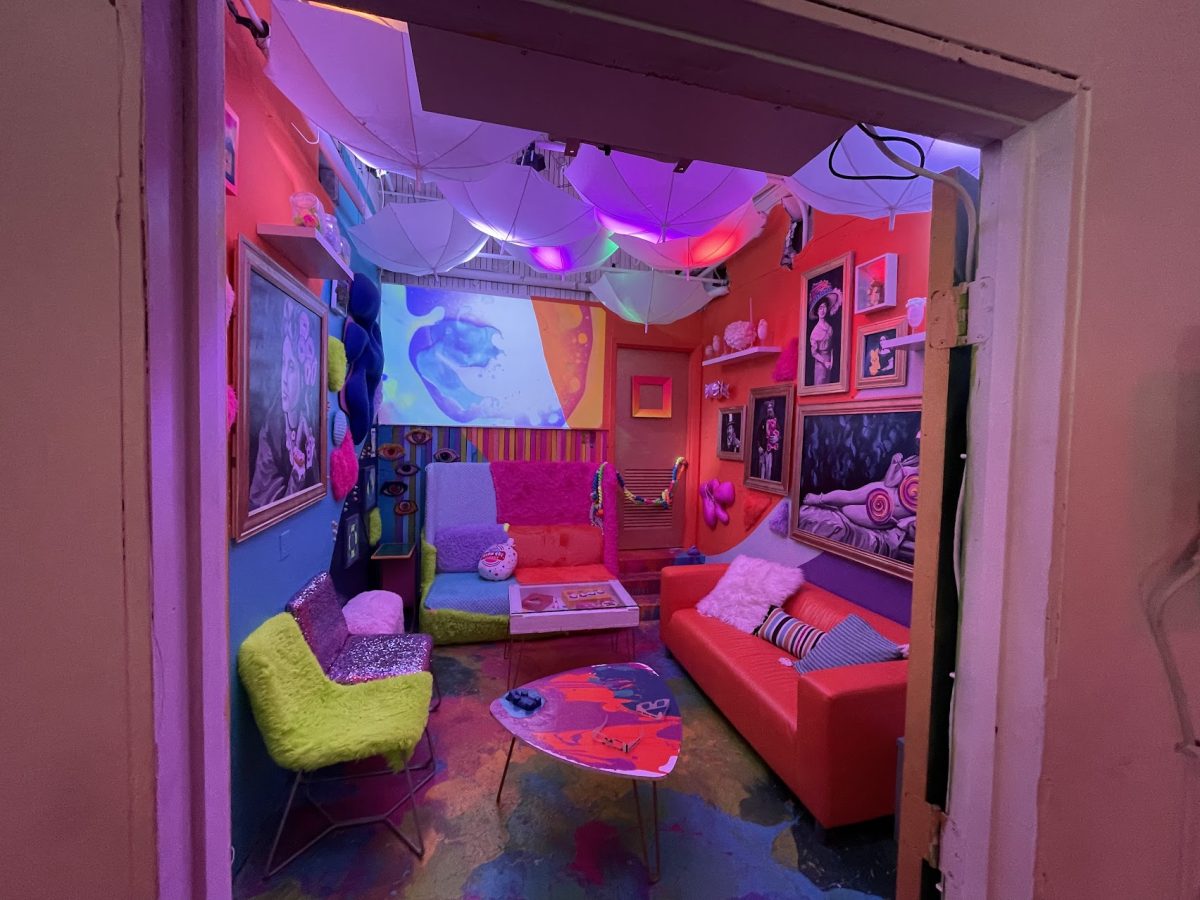Early October reports of Harvey Weinstein’s sexual assault case were followed by the release of many other sexual harassment and assault allegations in Hollywood, including those about Kevin Spacey, Louis C.K. and over 50 others. On Jan. 10 in Seattle University’s Wyckoff Auditorium, five women working in the film industry lead a discussion targeted specifically at female film students just beginning to face the gender obstacles inof the industry.
The panel was organized by Dr. Justine Barda and Dr. Ben Stork from the Seattle U Film Studies program. Dr. Justine Barda discussed the creative process behind this event.
“Right after the [Harvey Weinstein] story broke, we knew it merited a bigger discussion. We wanted to create a practical conversation where women could share their experiences in a way that might benefit our Film Studies students,” Barda said. She shared the fact that 2/3 of the Film Studies program at Seattle U is comprised of women.
“We felt it was our responsibility to prepare them,” she said.
The women on the panel included: New York City-based director, writer and producer Sirin Aysan, producers Anne Rosellini and Jennifer Roth, Reel Grrls Executive Director Nancy Chang and Northwest Film Forum’s Courtney Sheehan.
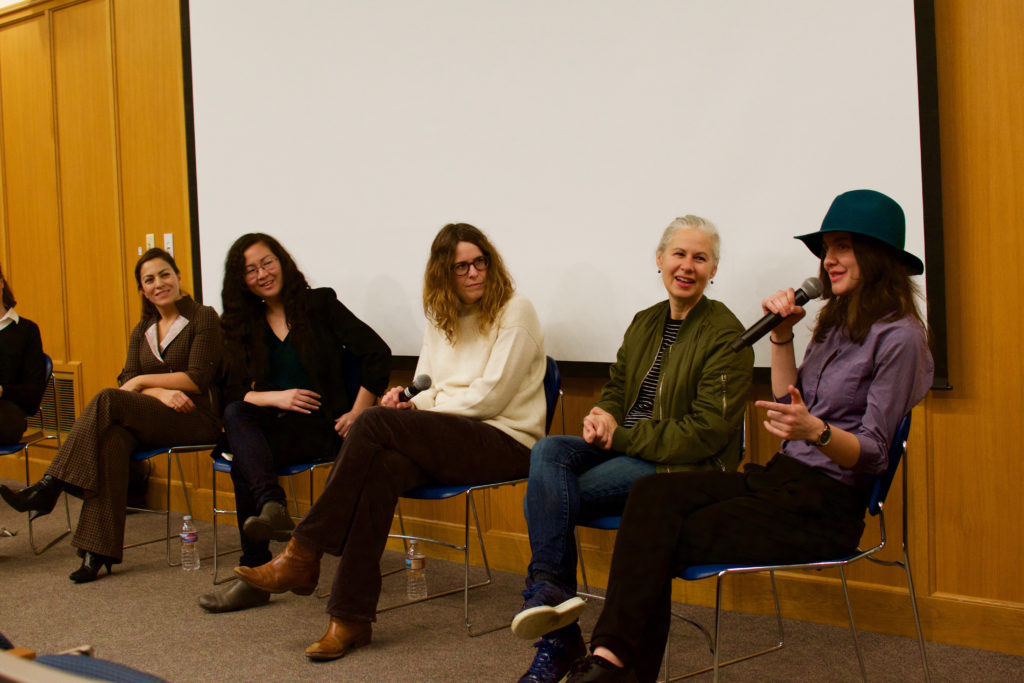
SU’s Film Studies Program moderated a panel of female professionals who shared their experiences in working in the male-dominated film industry.
Aysan acknowledged her experiences with misogynistic tendencies in her personal life, providing examples of the types of compliments that her daughter receives from people.
“I see how she’s being treated. People say, ‘You’re cute’ and ‘You’re beautiful’. They are being unconsciously sexist. All these rules were made by men and we need to change them.”
Rosellini expressed that there are not enough mentors for women in the film industry, and she said that it’s important to have other women to look up to and commune with.
“Surround yourself with women,” Rosellini advised. “Deborah [Granik] and I stuck together. You need to have a crew, have people, have support.”
Sheehan said that, when pursuing success in the male-dominated industry, she likes to own her masculine energy. She said that she implements it to her benefit by making lots of eye contact, “manspreading” and overall making herself a presence that men can relate to.
“You don’t actually have to be confident to work the system,” Sheehan said.
Sheehan also said that she has learned the value and productivity that can come from expressing emotion in certain environments. She shared an anecdote that took place in a meeting she had with a man the day after Donald Trump was inaugurated. She said that they took the first few minutes of the meeting to release their grief and tension and then, having that pressure lifted from their minds, went on to have an incredibly productive meeting.
“It made me think about the absurdity
of the idea that professionalism should be unemotional. That actually slows things down. Knowing when and where and how to be emotional is valuable. You get shit done better,” she said.
An audience member asked how to make decisions about what art to support, given that watching a Harvey Weinstein or Woody Allen movie can contribute to the problem.
Chang said that viewers have immense power to encourage art that is not problematic.
“You can choose what to uplift and celebrate…I want to challenge you all, as American filmmakers, not to make stupid shit,” Chang said. “Support things that make you think and have conversations.”
Jennifer Roth commented on the success of the recent movies Ladybird and Wonder Woman, and said that these films have accomplished victories worth celebrating since both films were directed by women.
“[The reports], unfortunately, were not surprising to me,” Seattle U Journalism Professor Victor Evans said. “These things have been common place for a long time. This industry is all about the people you know, so no one reported what was happening even though everyone knew. You’d lose your job, that’s your livelihood,” Evans said.
Evans attended the event and added his perspective on the sexual misconduct reports, using his experience as an entertainment journalist, producer and filmmaker.
“People are being held accountable. It should have been happening long ago rather than people being criticized for reporting it,” Evans said. “People are losing their jobs and that is completely unheard of.”
While the panelists provided strategies for women in film, Aysan said that what she has observed in the film industry is just one example of gender discrimination in the United States and that these issues are embedded in the culture.
“It’s not just Hollywood, it’s everywhere,” Aysan said. “There have to be more leaders. Culture itself has a bit of an illness.”
The editor may be reached at
arts@su-spectator.com



